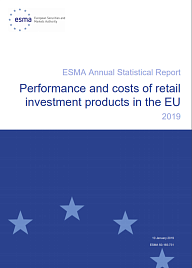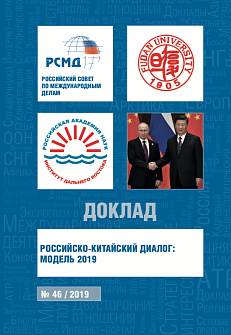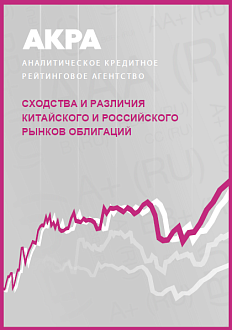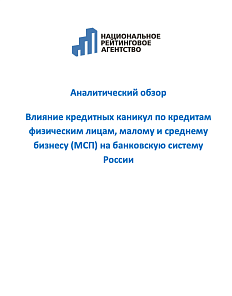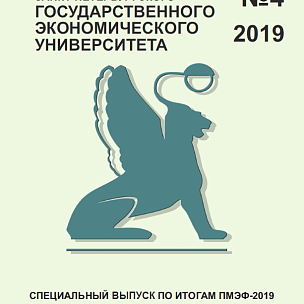In the EU, around 30,000 undertakings for collective investment in transferable securities (UCITS) investment funds are distributed and around 10,000 alternative investment funds sold to retail investors (retail AIFs). This publication focuses on UCITS the most transparent market in terms of cost and performance disclosure. Investment in alternative assets opens up a possibility of obtaining higher returns yet, in turn, involves higher risks. Alternative products are characterized by a risk-return profile fundamentally different from classic forms of investments. They involve lower market transparency, lower liquidity, reduced correlation with traditional financial investments, such as stocks and bonds.
There are around five million structured retail products (SRPs) in the EU. Structured retail products are investments whose return is linked to the performance of one or more reference indices, prices or rates (reference values). Such reference values may include stock indices, the prices of individual equities or other assets, and interest rates. The return of a structured product is determined by a pre-specified formula, which sets out how the product performs in different scenarios defined with respect to the reference value(s).
UCITS hold 76% of overall share in terms of retail market size compared to 15% and 9% for retail AIFs and SRPs. UCITS refers to conventional retail investment funds. At just under EUR10tn net asset value (NAV), it represents the largest retail investment fund segment in the Union. Gross annual past performance (i. e. before fund fees) largely follows the performance of the underlying asset classes and can due to differences in national market structures vary significantly across Member States. Actively managed equity funds provide a slightly better gross performance than passively managed funds, even though the margin is small.
For equity UCITS, the recent rise in valuation has significantly ameliorated gross performances over the last years. Consistently across the EU countries, gross performance averages around 16% in 2017.
.png)
AIFs in the EU have an estimated NAV of around EUR 5tn. Retail AIF investments account for 18% of the AIF market. Funds of funds (FoFs) and real estate (RE) funds display high retail participation (with 31% and 29% of overall NAV respectively), whereas retail investments in hedge funds are rare (less than 3% of NAV). SRPs accounted for around EUR 500bn in 2017, much smaller than the UCITS market.


